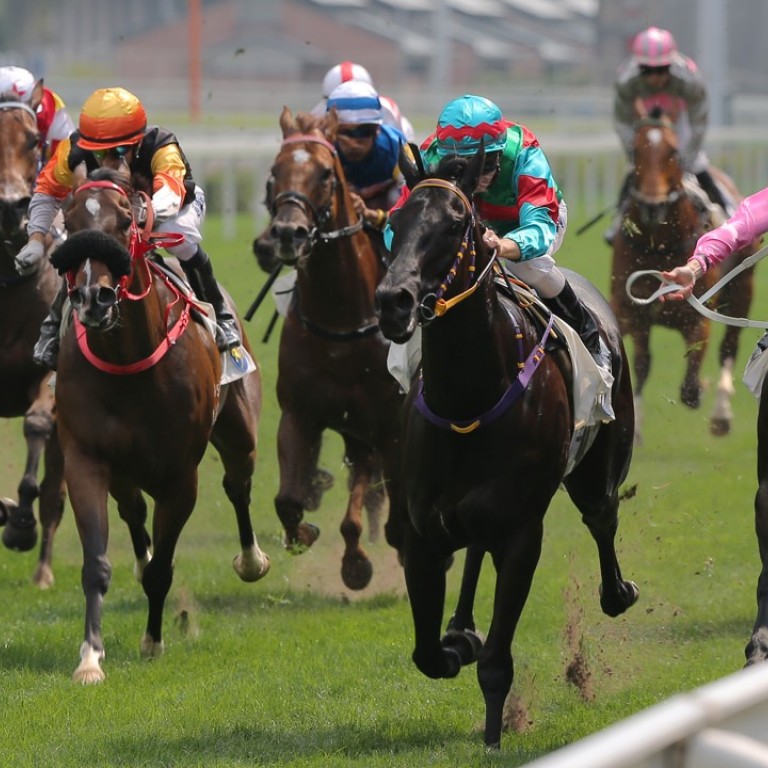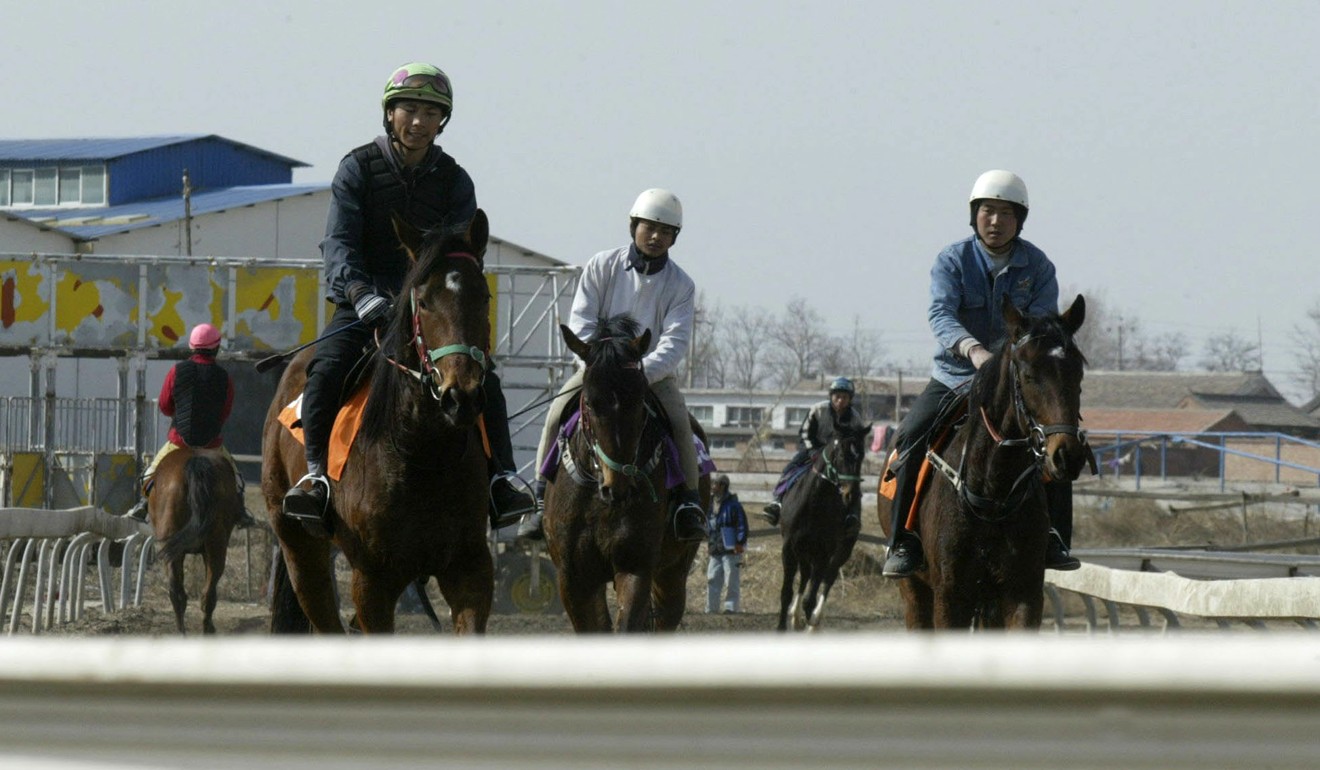
Update | China backs horse racing and new sports lotteries on southern island of Hainan
Cabinet offers support for industries under plans to turn resort into pilot free-trade port, ambitions that could put pressure on Pearl River Delta cities, observers say
China will allow horse racing and new types of sports lotteries on its southern island of Hainan as part of plans to turn the province into the mainland’s biggest pilot free-trade port.
Analysts said that if successful, the ambitious blueprint, ranging from the economy to finance, tourism and conservation, would heat up competition with “Greater Bay Area” members, including Hong Kong and Macau.
But some said the additional horse racing would have limited impact on Macau’s gambling industry and Hong Kong could well benefit from Hainan’s tourism boom.
The Hong Kong Jockey Club said “there has not been any discussion” so far with the Hainan authorities, but it would be pleased to exchange views on the promotion of equine sports there, if invited.
“The club is aware of the news reports that ... the State Council ... supports Hainan province developing equine sports,” the club said in a statement on Sunday.
The central government guidelines released late on Saturday came a day after Chinese President Xi Jinping unveiled a grand plan for Hainan, already one of the country’s special economic zones.
Under the plan, the island covering 35,000 sq km (13,500 square miles) and home to 9.3 million people, is expected to be the beneficiary of more opening-up policies, economic freedom and market access.
Beijing’s support for horse racing and other leisure industries such as beach and water sports was part of an attempt to promote international tourism on the island, state-run Xinhua reported, citing the guidelines.
Hainan should also “explore the development of sports lotteries and instant lotteries on major international events”, the guidelines said, without elaborating.
While Beijing bans all forms of gambling, it officially allows two types of lotteries, including one in which players predict the outcomes of international soccer matches. It also permits some horse racing, though betting is banned and the central government has not promoted the sport.
There has been repeated speculation since the 1990s that Beijing will allow betting on horse racing.
Various proposals to get horse racing up and running as a sport in Guangzhou, Hangzhou and Nanjing have been floated over the years but none has succeeded. A racecourse opened in Guangzhou in 1992 but was closed down seven years later as an “unsatisfactory experiment” because the authorities could not stamp out betting on the races.

Clement Chan Kam-wing, managing director of accounting firm BDO, said horse racing on Hainan would have little impact on Macau and Hong Kong.
“We can see that it is more about developing [horse racing] as a sport than developing a gaming business,” Chan said.
“Even if they open up to gambling, it would not have a big impact on Macau. The city is on its way to becoming a diversified convention centre, with entertainment shows, exhibitions and expos. It aims to become the next Las Vegas.”
Hong Kong legislator Yiu Si-wing, who represents the tourism sector, said he saw opportunities to encourage visitors heading to Hainan to make a stopover in Hong Kong.
“Hainan is more like a resort destination and Hong Kong is an international city where tourists can have a very different experience,” Yiu said.
Saturday’s guidelines also encourage Hainan to collaborate with provinces across the Pearl River Delta in conservation and development of the South China Sea, as well as complement the development of the Greater Bay Area, a scheme to link cities from Hong Kong to Jiangmen into an integrated economic and business hub.
In developing the island into a “free-trade port with Chinese characteristics”, Hainan should study international experience but not engage in re-exports or processing manufacturing, the guidelines added. Instead, it should develop tourism, modern services and hi-tech industries, including aerospace.
Lin Jiang, a professor from the Lingnan College provincial think tank at Guangzhou’s Sun Yat-sen University, said that if Hainan could offer a more convertible currency and flexible visas, the pilot free-trade port might pose a challenge to the Greater Bay Area.
“We have to wait and see if Hainan will have liberalised policies that have not been on offer in free-trade zones like Shanghai and Guangdong,” Lin said.
According to the guidelines, the free-trade port will be “basically established” in Hainan by 2025, and “mature” by 2035.
Both Xi and his trusted ally Vice-President Wang Qishan have long-established ties to Hainan. Xi first visited the island in 1979 with his father Xi Zhongxun, then Guangdong’s Communist Party chief.
Xi Zhongxun played a key role in China’s economic reforms and pushed for the creation of special economic zones in Shenzhen and Hainan, which was then part of Guangdong.
In 1988, Hainan was hived off from Guangdong and upgraded to a province. Wang was party boss of Hainan in 2002.
Additional reporting by Bloomberg



